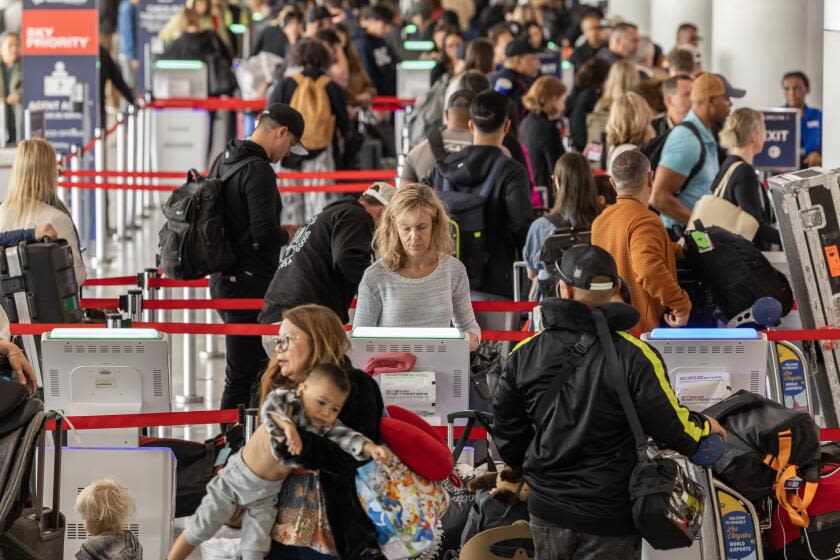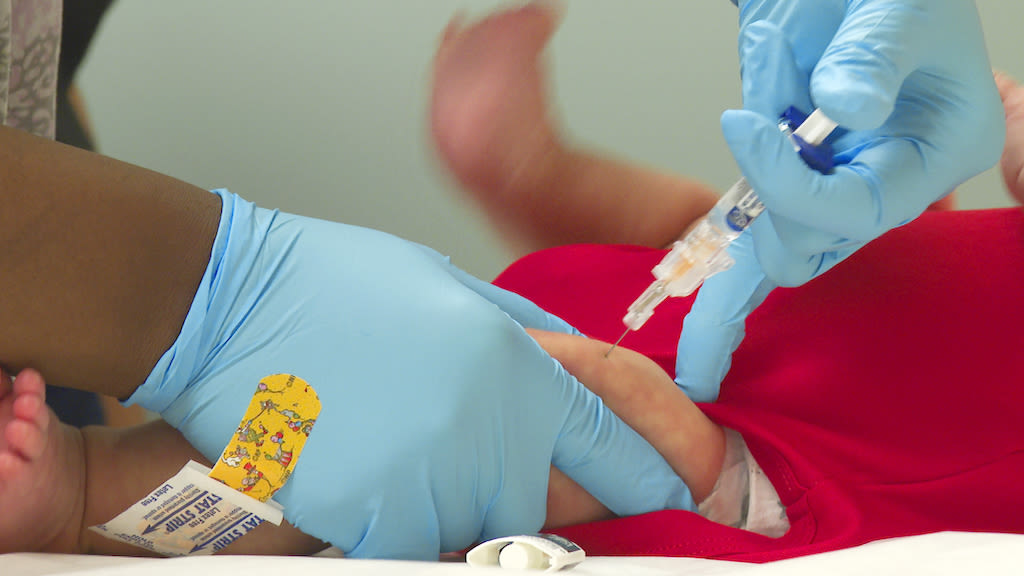Search results
CVS COVID-19 Vaccine Near Columbus OH
www.cvs.comPharmacy LocationBy appointment only1515 West Broad Street(614) 274-162060 North Stygler Road(614) 475-20142532 East Main Street(614) 235-30241211 Morse Road(614) 268-8090759 Neil Avenue(614) 224-92751485 Polaris Pkwy(614) 781-09502680 North High Street(614) 267-5607Nov 7, 2023 · A COVID-19 vaccine and other vaccines can be given at the same visit. COVID-19 vaccinations are now part of the immunization schedule for children age 6 months and older. Kids can get a COVID-19 vaccine during their well-child visit or anytime they become eligible based on the vaccination schedule.
- Overview
- 1. COVID-19 vaccination for children is safe.
- 2. Getting vaccinated helps protect children against COVID-19.
- 3. Children may have some side effects after COVID-19 vaccination.
- 4. Children receive a smaller dose of COVID-19 vaccine than teens and adults.
- 5. Children who have already had COVID-19 should still get vaccinated.
- 6. Children can safely receive other vaccines the same day they receive their COVID-19 vaccine.
For the best protection, CDC recommends COVID-19 vaccines for everyone 6 months and older.
Ongoing safety monitoring after the Food and Drug Administration’s (FDA) approval shows that COVID-19 vaccination continues to be safe for children. While adverse reactions are rare, the benefits of COVID-19 vaccination outweigh the known risks of COVID-19 and possible severe complications.
Learn more about the safety of COVID-19 vaccination for children.
Vaccinating children can:
•Prevent children from getting seriously sick if they do get COVID-19. COVID-19 vaccination continues to protect children against severe disease and hospitalization. Children with underlying medical conditions are more likely to get severely ill from COVID-19. However, children without underlying medical conditions can also experience severe illness.
Reported side effects are mild, temporary and like those experienced after routine vaccines. Some children have no side effects.
Learn more about potential side effects in children after COVID-19 vaccination.
COVID-19 vaccine dosage is based on age on the day of vaccination, not on a child’s size or weight. This is also true for other routinely recommended vaccines, like hepatitis A and hepatitis B vaccines.
Evidence indicates that people can get added protection by getting vaccinated after they have been infected with the virus that causes COVID-19. For children who have been infected, their next dose can be delayed 3 months from when symptoms started or, if they did not have symptoms, when they received a positive test.
If your child tests positive for COVID-19 after getting a shot, they should wait until their isolation period has ended before getting their next dose.
Additional Information:
•Find COVID-19 Vaccines •Explaining How Vaccines Work •Frequently Asked Questions
May 14, 2024 · Children aged 5 years – 11 years who are not vaccinated or have gotten previous COVID-19 vaccine (s) Children aged 5 years – 11 years who are unvaccinated or have previously gotten a COVID-19 vaccine before September 12, 2023, should get 1 updated Pfizer-BioNTech or Moderna COVID-19 vaccine.
Jun 18, 2022 · Parents and caregivers can now get their children 6 months through 5 years of age vaccinated with the Pfizer-BioNTech or Moderna vaccines to better protect them from COVID-19. All children, including children who have already had COVID-19, should get vaccinated.
News about COVID-19, FLiRT subvariants, California
News about whooping cough, epidemic, pertussis
News about vaccine requirements, vaccine hesitancy, exemptions
Also in the news
May 20, 2022 · Children ages 12 to 17 are already eligible for the Pfizer vaccine; Moderna is authorized for 17 and up; and Johnson & Johnson is authorized for 18 and older. Additionally, the FDA and CDC have authorized and recommended the Pfizer booster for ages 5 and up at least five months after their primary two-dose series.
- 065208055
- carrie.macmillan@yale.edu
Jun 20, 2022 · oneinchpunch/Shutterstock.com. On June 18, 2022, the Centers for Disease Control and Prevention approved COVID-19 vaccination for young children who are at least 6 months old. This means roughly 20 million children in the United States under 5 years are newly eligible for vaccination.
Oct 29, 2021 · The Pfizer-BioNTech COVID-19 Vaccine for children 5 through 11 years of age is administered as a two-dose primary series, 3 weeks apart, but is a lower dose (10 micrograms) than that used...



